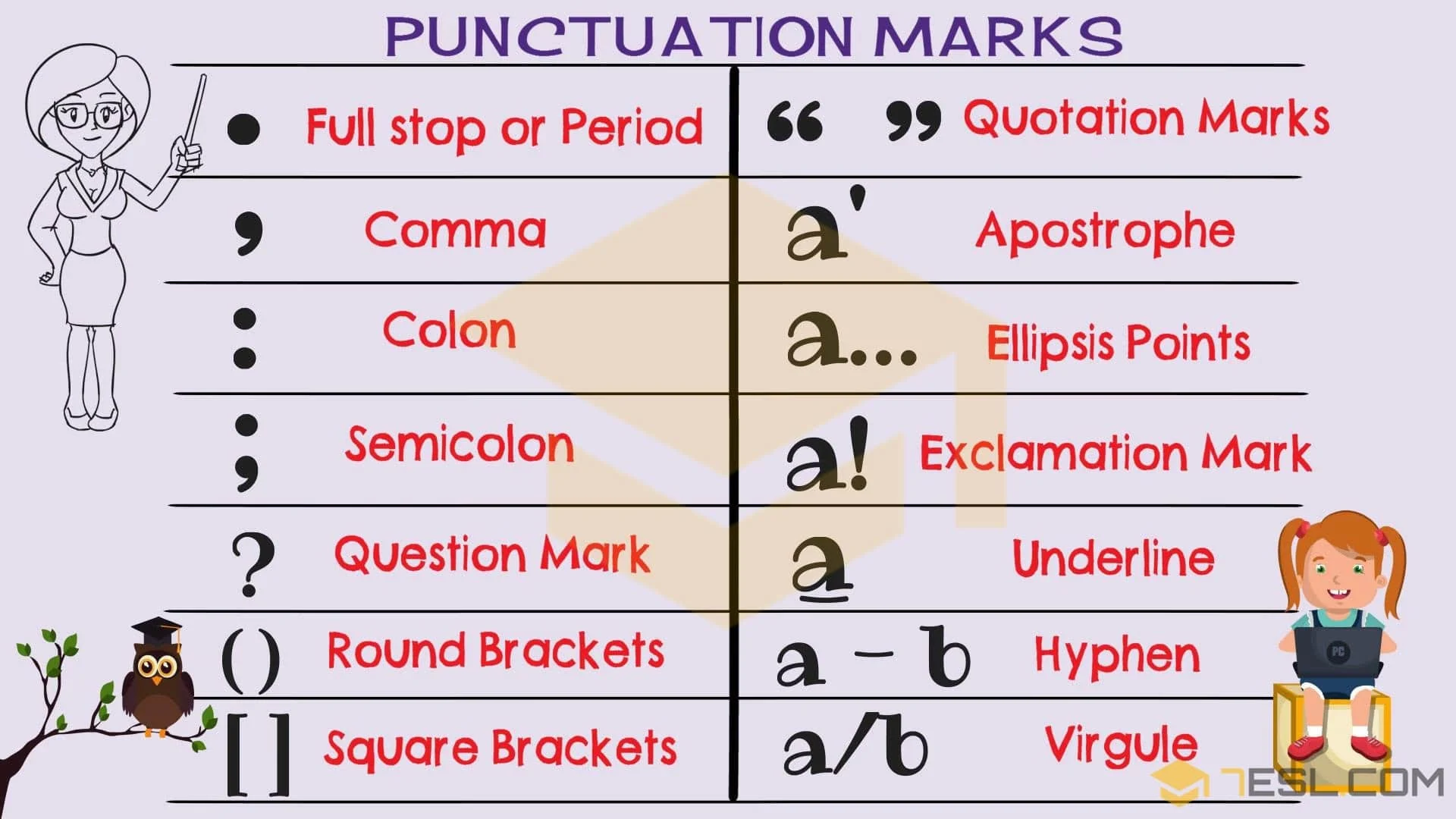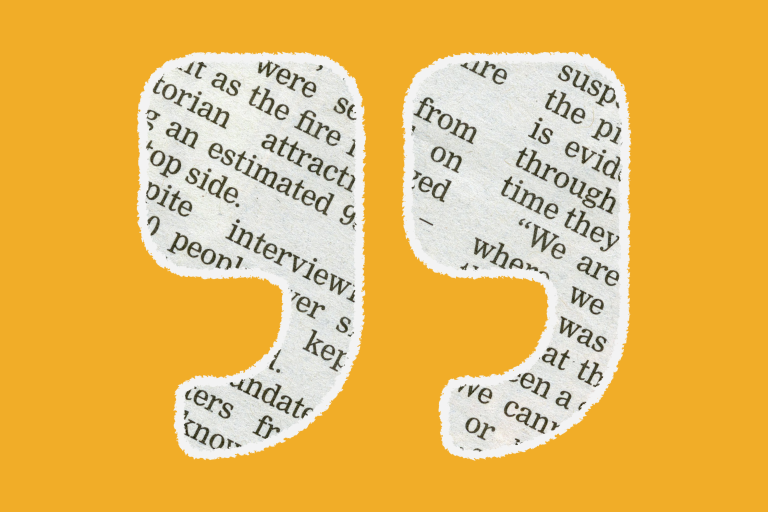Grammar 101: Everything You Need to Know About the Top 5 Grammar Rules
Bad grammar is a common issue that can make even the kindest reader cringe. From misplaced commas to incomplete sentences, poor grammar can make your writing look unprofessional and confusing.
However, grammar doesn’t have to be intimidating. With a little know-how, you can brush up on the top grammar rules and become a grammar pro in no time.
Top 5 Grammar Rules
1. Subject-Verb Agreement
Subject-verb agreement is the foundation of any good sentence. This rule dictates that the subject and verb in a sentence must agree in terms of number. For example, if the subject is singular, the verb must also be singular.
Subject-verb agreement may seem like a simple rule, but it is essential for clear communication. Incorrect subject-verb agreement can lead to confusion and misunderstandings. For instance, the sentence “The majority of the team believe in hard work,” is grammatically incorrect. The verb should be singular, as “majority” is a collective noun. The correct sentence should be “The majority of the team believes in hard work.”
Incorrect: The group of students are studying.
Correct: The group of students is studying.
2. Proper Punctuation
Punctuation can make or break a sentence. It’s important to use punctuation correctly to convey the intended meaning of a sentence.
Punctuation can change the meaning of a sentence entirely. For example, “I love cooking my family, and my pets” and “I love cooking, my family, and my pets” have two entirely different meanings. In the first sentence, it suggests that the person enjoys cooking their family and pets, which is not the intended meaning. Punctuation can significantly impact how your writing is perceived.
Incorrect: Let’s eat grandma.
Correct: Let’s eat, grandma.

3. Pronouns
Pronouns are essential for concise writing, but their usage can be confusing. Always ensure that the pronoun agrees with its antecedent (the noun it refers to).
Pronouns can create a clear and simple way of writing, but it’s crucial to ensure they agree with their antecedents. Using the incorrect pronoun can lead to confusion or ambiguity. For example, “Jerry gave the book to him” is grammatically correct, but “Jerry gave him the book” doesn’t precisely convey the same meaning. Avoid using vague pronouns like “it” or “they,” which might not have a clear antecedent.
Incorrect: Sarah went to the store, and he bought some groceries.
Correct: Sarah went to the store, and she bought some groceries.
4. Prepositions
Prepositions are words that indicate location or movement. They are typically followed by an object, such as a noun or pronoun. It’s important to use prepositions correctly to make your sentences clear.
Prepositions can be tricky, and there are many rules to follow. A common mistake is to end a sentence with a preposition. For example, “Where are you at?” is incorrect and should be “Where are you?” or “Where are you located?.” Additionally, prepositions such as around, over, and by can be overused and make your writing sound repetitive.
Incorrect: She jumped off of the roof.
Correct: She jumped off the roof.
5. Avoiding Run-on Sentences
Run-on sentences occur when two or more independent clauses are joined together without proper punctuation.
A run-on sentence is when two or more independent clauses are joined together without the proper punctuation. It can create ambiguity and confusion. For example, “I love pizza, I can eat it every day” should be “I love pizza. I can eat it every day.” Separating the clauses with a period or semicolon will help convey distinct and concise thoughts.
Incorrect: I went for a walk, I saw a dog, I petted it.
Correct: I went for a walk, and I saw a dog. I petted it.
Grammar rules may seem intimidating, but they are easy to master with a little practice. By following the top grammar rules, you can avoid bad grammar and become a better writer. Remember to always double-check your writing for common grammar mistakes and enjoy the satisfaction that comes with proper English usage.
Grammar mistakes can also be detrimental to your professional career. Incorrect grammar can create negative assumptions about your intelligence and attention to detail. Employers value employees who can communicate effectively and precisely with well-written documents and reports. Good grammar can enhance your writing and boost your career opportunities.
Additional Tips to Master the Top Grammar Rules:
Grammar mistakes are common, and everyone makes them. But they can easily be corrected by understanding the top grammar rules and taking a little extra care in your writing. Here are some tips to help you avoid bad grammar and improve your writing skills:
1. Review your writing before submitting or publishing it. Take the time to reread your work and look for any grammar mistakes.
2. Utilize online tools such as Grammarly or Hemingway to check your writing and suggest corrections.
3. Read material from respected writers in your industry to improve your writing skills.
4. Practice writing regularly to develop your grammar skills.
5. Ask a friend or colleague to check your work and provide feedback.
Bad Grammar Examples
Grammar rules are like the unspoken laws of the English language. But like any law, there are always those who will break them. Bad grammar is the equivalent of a thief breaking into your house and stealing your valuables. It leaves a bad taste in your mouth and can instantly turn someone off from your writing.
Let’s dive into 10 examples of bad grammar and their corrections that will help you avoid making these mistakes.
1. Misplaced Modifiers
Bad grammar: Walking down the street, the trees were beautiful.
Correction: Walking down the street, I saw the beautiful trees.
The misplaced modifier in the above sentence makes it sound like the trees were the ones walking down the street, which is obviously not the case.
Misplaced modifiers can create confusion and often result in humorous misunderstandings. A misplaced modifier is a word or phrase that describes something in a sentence, but it’s placed in the wrong location. For instance, “Hiking the mountain, the stunning view left me in awe.” This sentence suggests that the mountain was hiking and not the person, which creates an unexpected mental picture.
Dangling modifiers
Bad grammar: While running in the park, my phone rang.
Correction: While I was running in the park, my phone rang.
Dangling modifiers are phrases or clauses that don’t have a clear point of reference. The badly written sentence above indicates that the phone was running in the park instead of the person.
2. Homophones and Homonyms
Bad grammar: Its a beautiful day outside
Correction: It’s a beautiful day outside.”Its” shows possession while “it’s” is a contraction of “it is.” Always make sure to use the correct one when writing.
Bad grammar: The dog wagged it’s tail.
Correction: The dog wagged its tail.
Homophones are words that have the same pronunciation but different meanings and spellings, like “they’re,” “their,” and “there.” Homonyms are words that have the same spelling but different meanings, like “bat” as in a flying creature or “bat” as in a piece of sports equipment. These words can lead to humorous misunderstandings, like “I saw the wind” instead of “I felt the wind” or “I ate a pear” instead of “I ate a pair.”
3. Spell Check Errors
Bad grammar: I went to the store but they were closed I decided to go to the park instead.
Correction: I went to the store, but they were closed. I decided to go to the park instead.
Run-on sentences are the equivalent of trying to cram too much into one sentence. It’s better to break it up and create more clarity in your writing.
Sometimes, spell check is our worst enemy. While it can catch obvious mistakes, it can also suggest incorrect replacements for words, creating some humorous mistakes. For instance, replacing “quiet” with “quite” or “bear” with “bare” can lead to some unexpected and potentially embarrassing misunderstandings.
4. Subject-verb agreement
Bad grammar: He don’t like pizza.
Correction: He doesn’t like pizza.
The subject (he) is singular, so the verb (like) needs to be singular as well.
5. Apostrophes
Bad grammar: The cat’s are sleeping.
Correction: The cats are sleeping.
Apostrophes show possession or contraction, but should never be used for plural words.
Apostrophes can be challenging, and their misuse can lead to humorous mistakes. For instance, “Its” is possessive, while “it’s” stands for “it is.” A commonly misused apostrophe phrase is “I have two apple’s,” which suggests that the apples possess something.
Misusing apostrophes
Bad grammar: The Johnson’s always host great parties.
Correction: The Johnsons always host great parties.
Apostrophes are used to indicate possession or contraction. In this example, there is no need for an apostrophe because the sentence is simply referring to the Johnson family, not their possession of something.
6. Double negatives
Bad grammar: I don’t want none of that.
Correction: I don’t want any of that.
Double negatives cancel each other out, creating confusion and a lack of clarity in your writing.
Bad grammar: I don’t have no money.
Correction: I don’t have any money.
Double negatives cancel each other out, creating a grammatically incorrect sentence. Instead, use a single negative to indicate the opposite of what you’re saying.
7. Pronoun usage
Bad grammar: John and me went to the store.
Correction: John and I went to the store.
Always make sure to use the correct pronoun depending on if it’s the subject or object in the sentence.
Bad grammar: Me and my friends went to the beach.
Correction: My friends and I went to the beach.
When referring to yourself and another person or group, it’s important to use the proper pronoun. “I” is used as a subject, while “me” is used as an object. Always make sure to put the other person or group before referring to yourself.
8. Passive voice
Bad grammar: The cake was baked by Susan.
Correction: Susan baked the cake.
Using the passive voice makes your writing sound less engaging and active. Always try to write in the active voice.
9. Fragment sentences
Bad grammar: Walking down the street.
Correction: I was walking down the street.
A fragment sentence is a sentence that doesn’t express a complete thought or idea. Always make sure to include a subject and verb in your sentence.
Bad grammar: She cried. Because he left.
Correction: She cried because he left.
When you’re writing a sentence, always make sure it’s a complete thought. Don’t chop up sentences and end them abruptly as it may cause confusion or lost context.
10. Confusing “their,” “there,” and “they’re”
Bad grammar: Their going to the park over there.
Correction: They’re going to the park over there.
“Their” is possessive, “there” refers to a place, and “they’re” is a contraction of “they are.” Always make sure to use the right homophone word, or it might change the context of your sentence.
11. Missing commas
Bad grammar: I love eating pizza pasta and ice cream.
Correction: I love eating pizza, pasta, and ice cream.
Commas are used to separate items in a list. If you don’t include commas in your list, it might cause confusion or change the intended meaning.
12. Misusing commas with coordinating conjunctions
Bad grammar: I have to wake up early for work, and to make breakfast.
Correction: I have to wake up early for work and to make breakfast.
When using coordinating conjunctions like “and,” “but,” or “or,” a comma is not always required. In this case, omitting the comma between “work” and “and” makes the sentence clearer and easier to understand.
13. Confusing “who” and “whom”
Bad grammar: Who should I give this to?
Correction: To whom should I give this?
“Who” is used as a subject, while “whom” is used as an object. Always use “who” when referring to the subject of a sentence, and “whom” to the object of a verb or preposition.
14. Incorrect verb tense
Bad grammar: Last night, I seen a movie.
Correction: Last night, I saw a movie.
The past participle of the verb “to see” is “seen,” but it should only be used as part of some complex tenses. In this case, it should be the past simple, which is “saw.”
15. Using “less” instead of “fewer”
Bad grammar: The store had less apples than yesterday.
Correction: The store had fewer apples than yesterday.
“Less” refers to quantity, while “fewer” refers to the number of items. “Less” should be used when referring to uncountable nouns, while “fewer” is used for countable nouns.
16. Confusing “who’s” and “whose”
Bad grammar: Who’s coat is this?
Correction: Whose coat is this?
“Who’s” is a contraction of “who is,” while “whose” is a possessive pronoun indicating ownership. Always make sure to use the correct version depending on how you intend to use the word.
17. Using “amount” instead of “number”
Bad grammar: There’s a large amount of people at the event.
Correction: There’s a large number of people at the event.
“Amount” is used to describe uncountable nouns, while “number” refers to countable nouns. In this case, “people” is a countable noun, so “number” is the correct term to use.
18. Using “between” instead of “among”
Bad grammar: The prize was divided between the three winners.
Correction: The prize was divided among the three winners.
“Between” is used to describe relationships between two people or things, while “among” is used for relationships between three or more. Since there were three winners in this scenario, “among” is the correct term to use.
19. Incorrect use of “lay” and “lie”
Bad grammar: I’m going to lay down for a nap.
Correction: I’m going to lie down for a nap.
The verb “lay” requires a direct object, while “lie” does not. This means “lay” is used to place something down, while “lie” is used to assume a horizontal position.
20. Confusing “then” and “than”
Bad grammar: I would rather sleep in then go jogging.
Correction: I would rather sleep in than go jogging.
“Then” is used to indicate a sequence of events, while “than” is used to compare two things. In this example, “than” is the appropriate term to use since it’s comparing sleeping in to going jogging.
21. Capitalizing words unnecessarily
Bad grammar: I’m going to the Park to play Frisbee.
Correction: I’m going to the park to play Frisbee.
Capital letters should only be used for proper nouns, proper adjectives, and the first word in a sentence. In this case, “park” is not a proper noun, so it should be written in lowercase.
22. Using “good” instead of “well”
Bad grammar: I played good in the basketball game.
Correction: I played well in the basketball game.
“Good” is used to describe a noun, while “well” is used to describe an action. In this case, “played” is an action, so “well” is the appropriate term to use.
23. Using “like” instead of “as”
Bad grammar: I ran like I was being chased by a bear.
Correction: I ran as if I was being chased by a bear.
“Like” is used to compare nouns, while “as” is used to compare actions. In this case, it’s not the act of running that’s being compared to being chased by a bear, but rather the feeling associated with it, so “as if” is the correct phrasing to use.
Conclusion
By identifying and correcting these common mistakes, you can improve your writing and communication skills. Remember that grammar rules can be your friend, but it takes effort and practice to master them. Keep working at it, and you’ll soon become a grammar expert.
At WriterArmy, we are meticulous about grammar usage and correct punctuation. Our expert human editors review every piece of content to ensure it exceeds standards, is properly optimized, checked by an AI detector as required, and is ready to publish. Why don’t you book a call with us, we would love to help your business and save you the hassle of generating your own content.








